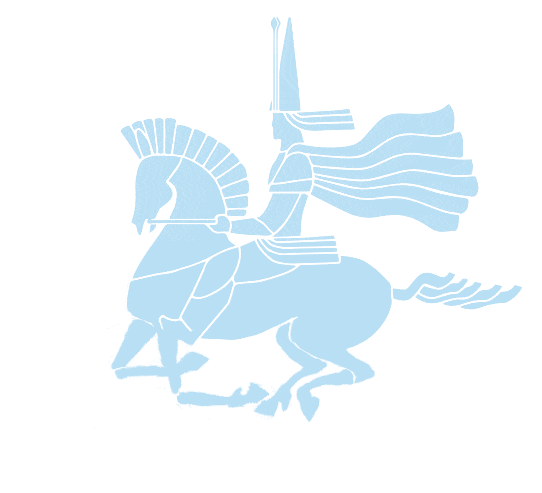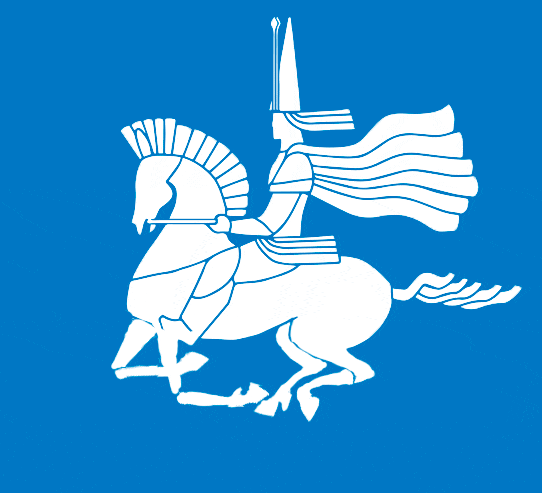
#ENUscience: ENU scientists have increased the heat resistance of cable and wire products by 40%
Scientists of the JSC “Nuclear Technology Park” at the L.N. Gumilyov ENU have increased the heat resistance of polymer cable insulation by 40%. This method is innovative in domestic cable and wire production.
ENU scientists together with manufacturers used the method of radiation stitching. The new technology was created with the help of an industrial electron accelerator ELV-4 and is used in the production of photovoltaic and oil-submersible cables.
“We have reached a preliminary agreement with consumers of radiation-modified cable products. Nuclear power plants can become one of the promising areas of using cable types. In general, the scope of application of cables is wide: photovoltaic cables are used to connect mobile and stationary components (solar modules, devices, etc.) of photovoltaic systems, oil-submersible cables are used to supply electricity to submersible electric motors of oil and water-lifting installations and are used for pumping oil when drilling wells. Due to the specifics of their operation, their insulation must withstand high temperature and pressure, as well as be equipped with steel belt armor,” Azat Nurkasimov, head of the project group of the JSC “Nuclear Technology Park” at ENU said.
Now scientists are planning to establish the production of high-temperature self-regulating heating cables for the oil and gas industry. The new type of product will become more energy efficient, and also does not require the installation of temperature control devices.
“Such innovative cables can adjust the resistance depending on the ambient temperature. In simple terms, the cable heats up if it is cold around, and cools down if the ambient temperature gets higher. Such cable does not overheat, is energy efficient and does not require any temperature-regulating devices. Nanostructured materials will be used to create such cable products,” the scientist stressed.
Now the scientists’ products are undergoing the certification stage.

